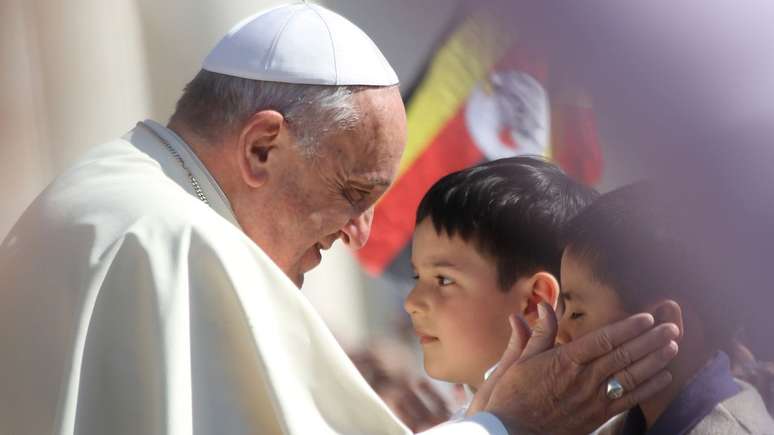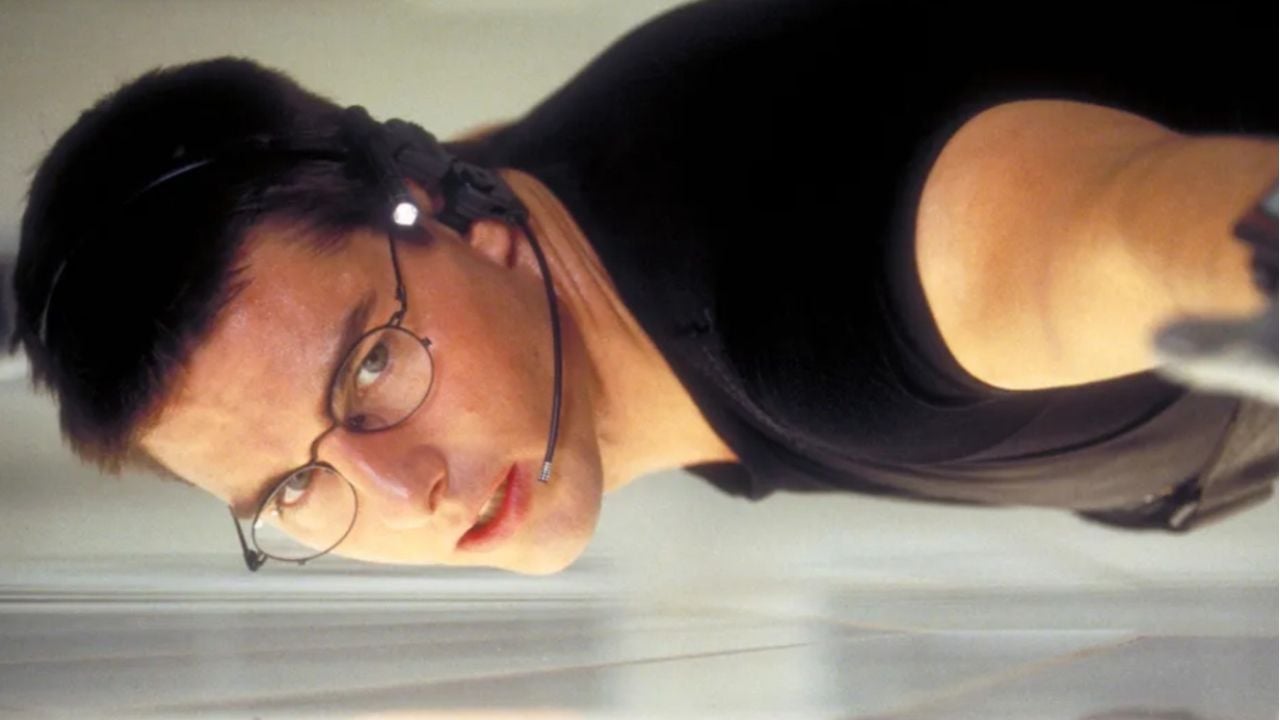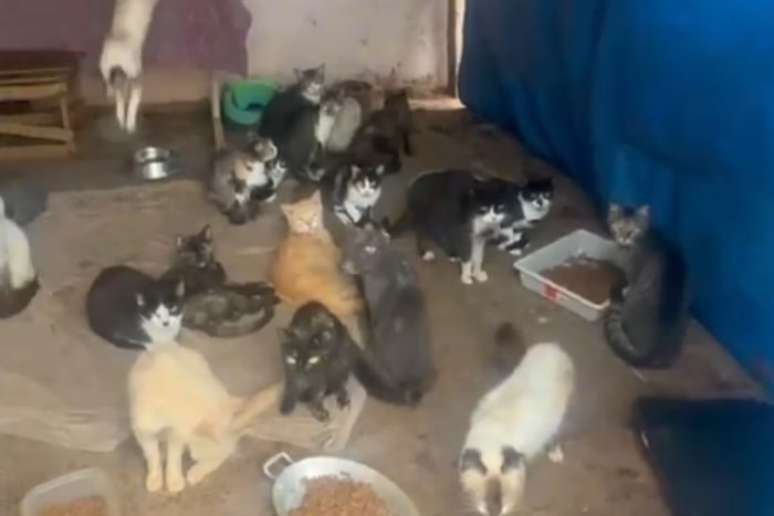You go to the shopping center – The camera is directed to you. You go to the street – a passer -by takes you to the phone. You are sitting in a cafe, and at the next table, a blogger leads a live program, which you involuntarily become the participant. Is it possible to stop shooting in such situations? We understand with the expert.









